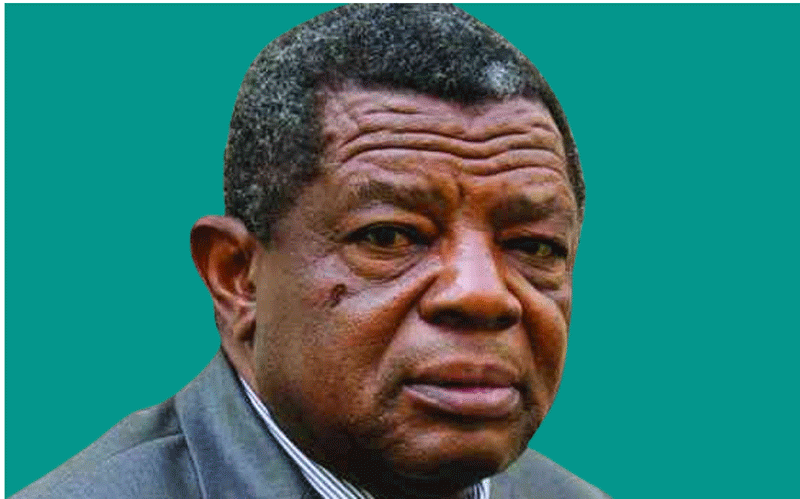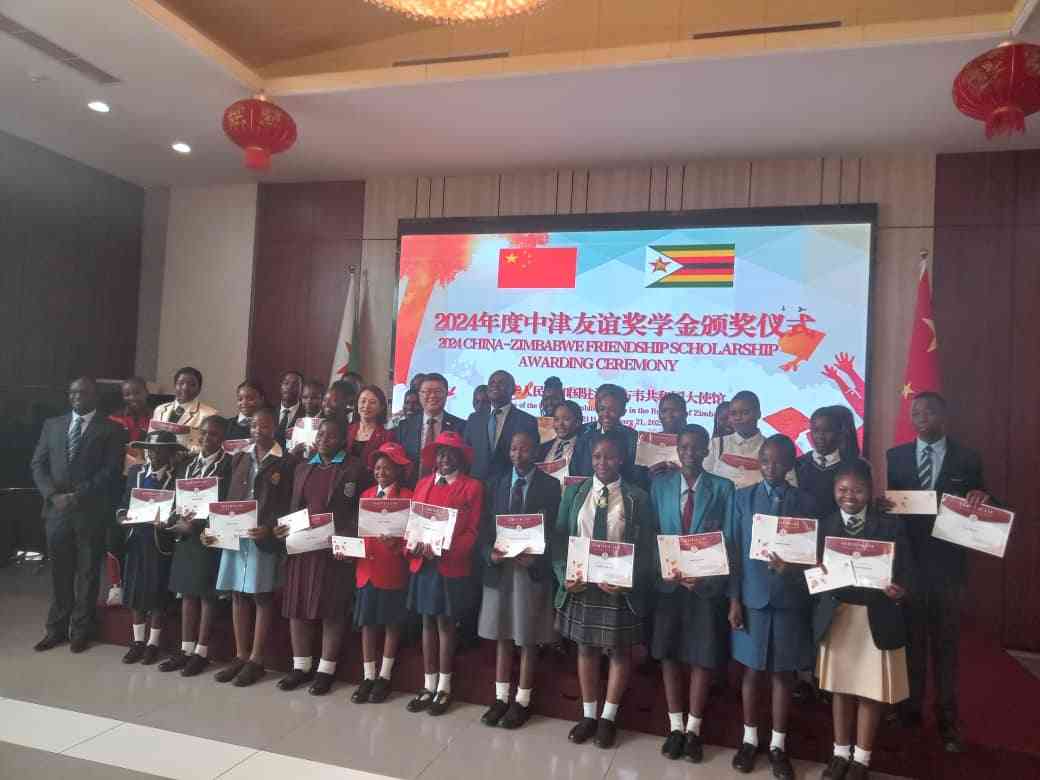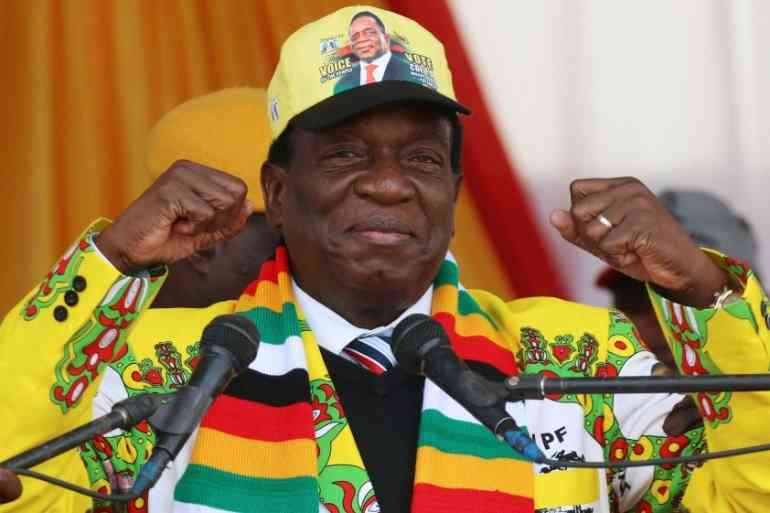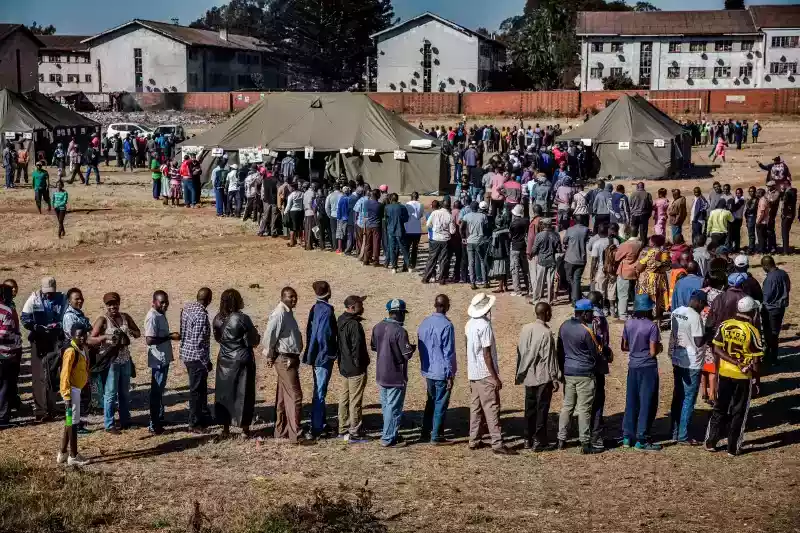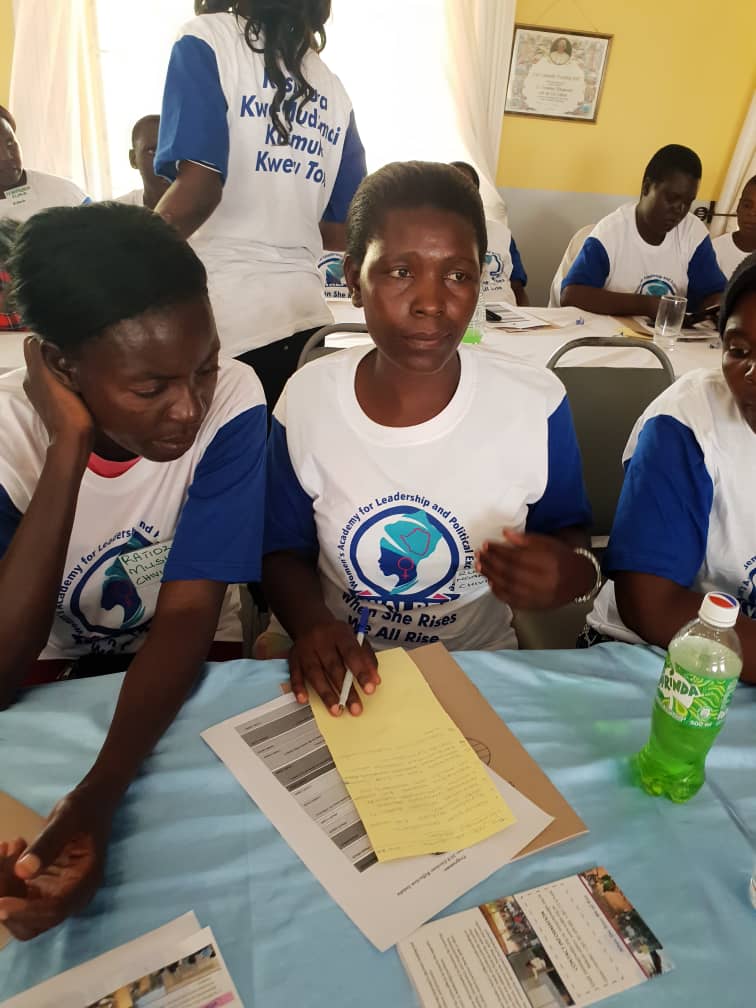
ZIMBABWE’S first ever women’s political leadership school was on Friday launched in Masvingo under the name, Women’s Academy for Leadership and Political Excellence (Walpe).
by TAPIWA ZIVIRA

Walpe, according to its director Sitabile Dewa, is “a women’s political empowerment and leadership academy set up to advance knowledge and deepen the capacity of women who want to successfully run for public elected positions.”
Dewa said the academy is driven by the need to challenge the status quo, through creating platforms and opportunities for women to get into decision-making and leadership positions, after the number of women who successfully ran for office in the July 30 2018 elections went down marginally.
In the last elections, women constituted 52% of the registered 5,7 million voters and although a high number was involved as voters, polling agents, campaigners, only a few ran for public office.
Only 15% of those who made it to primary elections for MPs were women and 13% of those who contested as councillors were women.
According to the Zimbabwe Electoral Commission (Zec), in 2013, 29/210 (13,8%) women were directly elected, but in 2018 only 26 women (12,3%) won.
- Chamisa under fire over US$120K donation
- Mavhunga puts DeMbare into Chibuku quarterfinals
- Pension funds bet on Cabora Bassa oilfields
- Councils defy govt fire tender directive
Keep Reading
In local government elections, female councillors were 16% in 2013 but dropped to 13,3% in 2018.
This trend, according to Dewa, is one of the major drivers of the setting up of Walpe, which will also advocate for the improvement of the quality of women leaders elected for political office.
The launch was marked by a full day workshop attended by 50 women from across the political divide and student leaders, drawn from Chivi, Zaka, Bikita, Chiredzi, Mwenezi, Gutu and Masvingo urban, who took a chance to reflect on the 2018 elections

